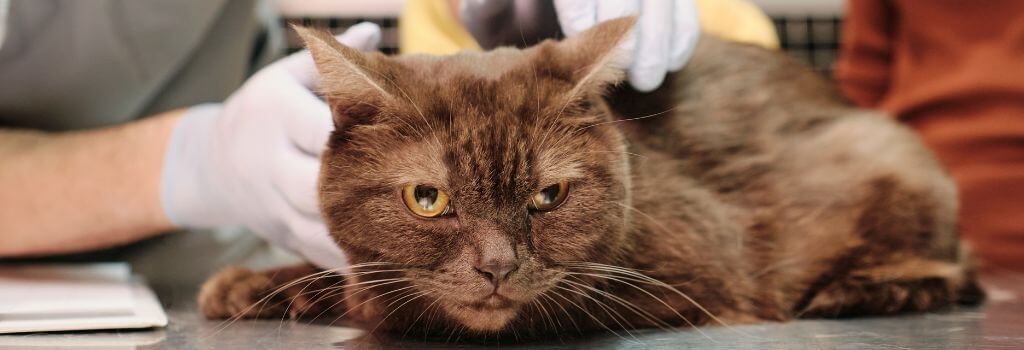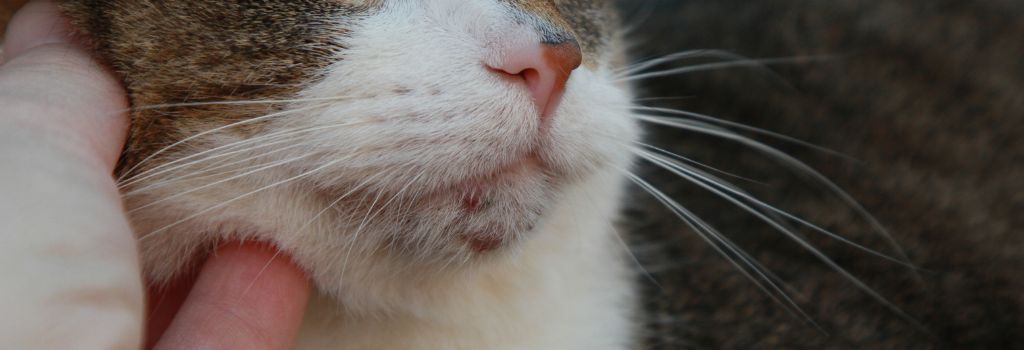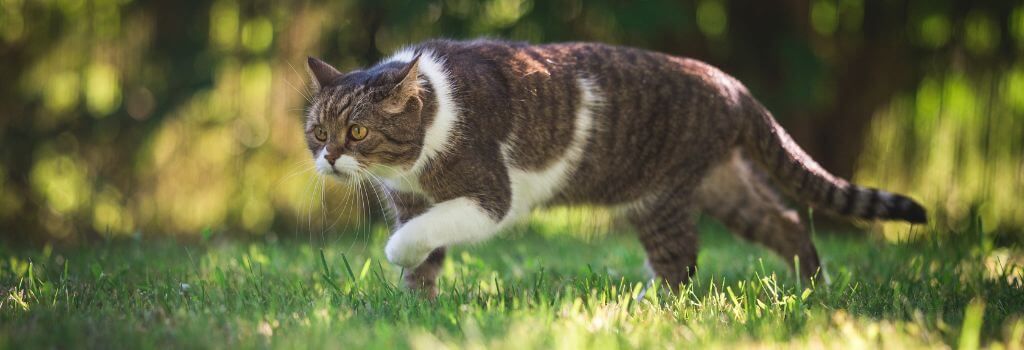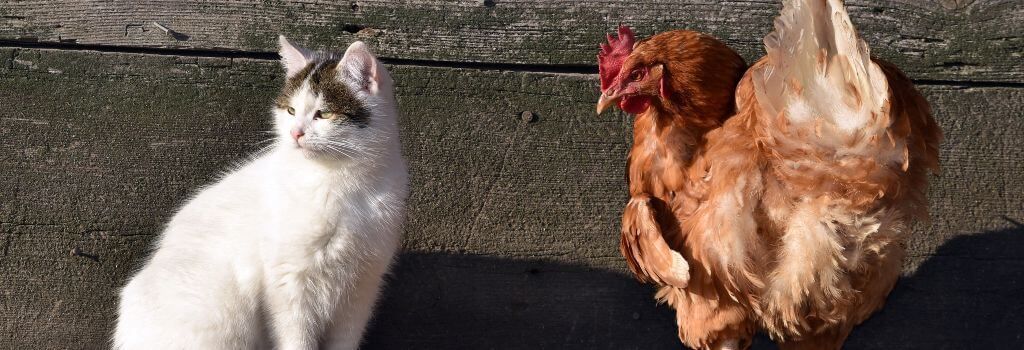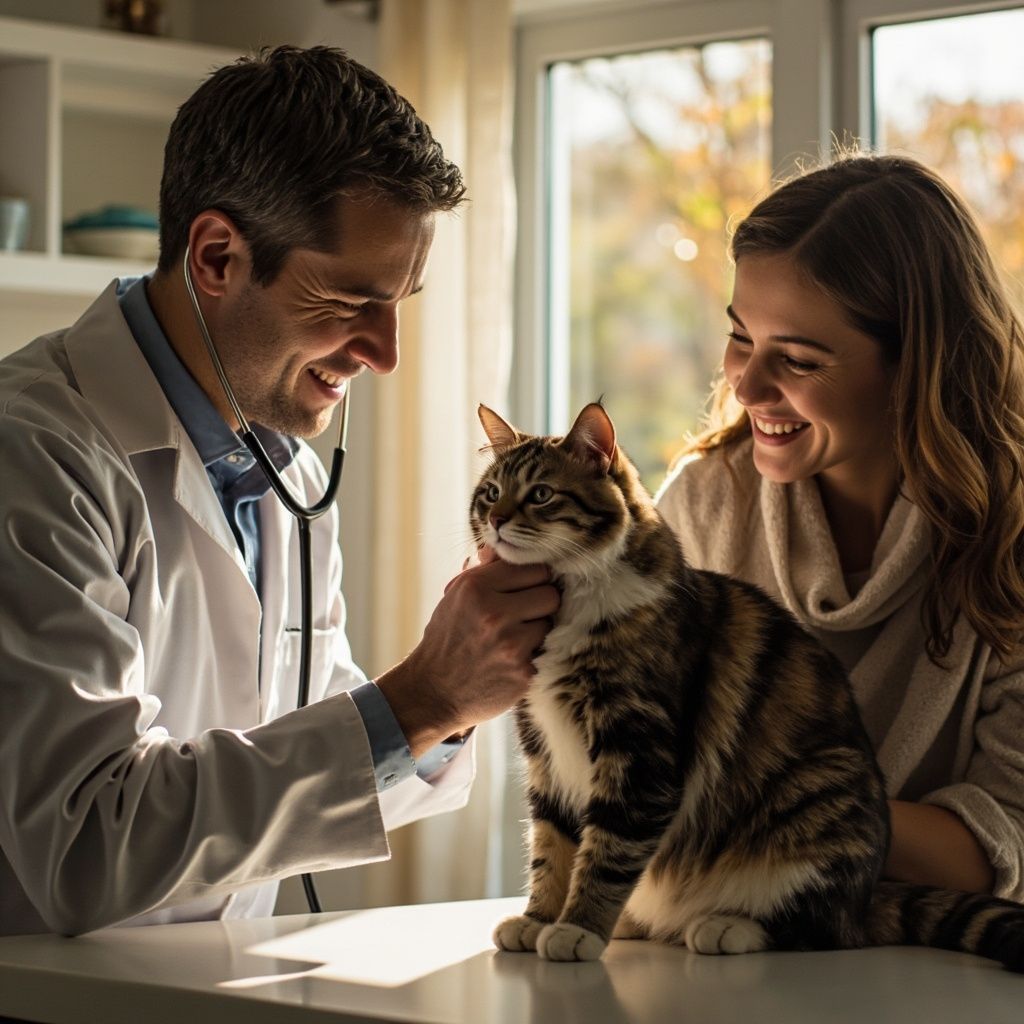Pets + Chocolate = A Monstrous Halloween - What You Need to Know!
With Halloween mere days away, kids are already formulating their trick or treat routes. This includes strategizing based on the knowledge from former years on the houses that give out the full candy bars, as everyone knows those are prime targets for those of us that love chocolate. In other words, all of us. Do you know who else seems to be immune to the irresistible draw of chocolate? Doggos. And, as just about everyone knows, dogs and chocolate are a bad combination. But just how dangerous is chocolate for dogs and pets in general? We explore that below.
Why is chocolate bad for pets?
Chocolate contains components like Theobromine and caffeine that can cause toxicity in high doses. Theobromine is a chemical we humans can digest quickly whereas dogs cannot. The slower digestion period allows for the chemical to build up and reach toxic levels at a quicker rate.
How much chocolate is toxic to dogs?
That depends on how much is eaten, what kind of chocolate is eaten, and how much the dog weighs. White and milk chocolates are less toxic than dark and baker's chocolates.
Is chocolate toxic for cats as well?
Yes, but typically cats won't actively seek it out like dogs will. Sneaky dogs!
What should I do if my pet eats chocolate?
Consult your veterinarian, as they may ask you to induce vomiting.
How long does it take for a pet to show signs of chocolate toxicity?
That also depends on how much is eaten, what kind of chocolate is eaten, and how much the dog weighs.
What are the symptoms of chocolate poisoning?
The symptoms vary from pet to pet and also due to the amount and type of chocolate ingested, but the first thing you'll likely notice is extreme hyperactivity in your pet.
The other symptoms of chocolate poisoning in pets are as follows:
- Agitation
- Panting
- Vomiting
- Diarrhea
- Racing heart rate
- High blood pressure
- Abnormal heart rhythm
- Seizures
- Tremors
Can pets die from ingesting chocolate?
The amount of chocolate a pet ingests and the size of the pet is going to be factored in the outcome. A larger pet is more likely to be able to ingest chocolate and be fine after treatment than a smaller pet. The unfortunate answer, however, is that, yes, pets can die from ingesting large amounts of chocolate or cocoa.
If my pet only got a hold of a little bit of chocolate and seems fine, should I still bring them to a vet?
Yes! Always consult with your vet. We have a handy calculator that helps us see, depending on your pet's weight and how much they ate, if it is a toxic dose or not.
The only thing scary about Halloween should be the ghost and ghoul costumes—make sure you and your kiddos keep your candy stash somewhere that even the most resourceful pet can’t access. However, if you do suspect your pet might have ingested chocolate, definitely call us right away.
Recent Posts

